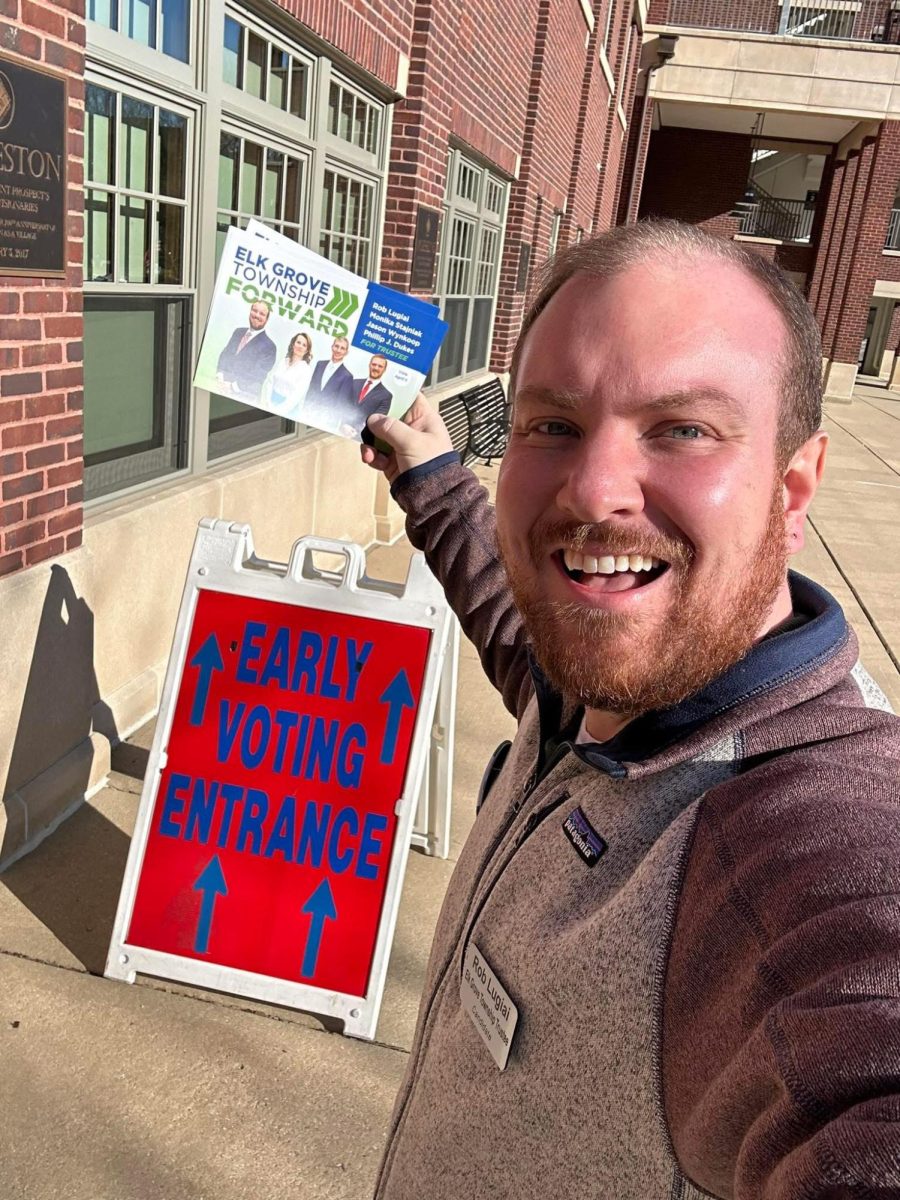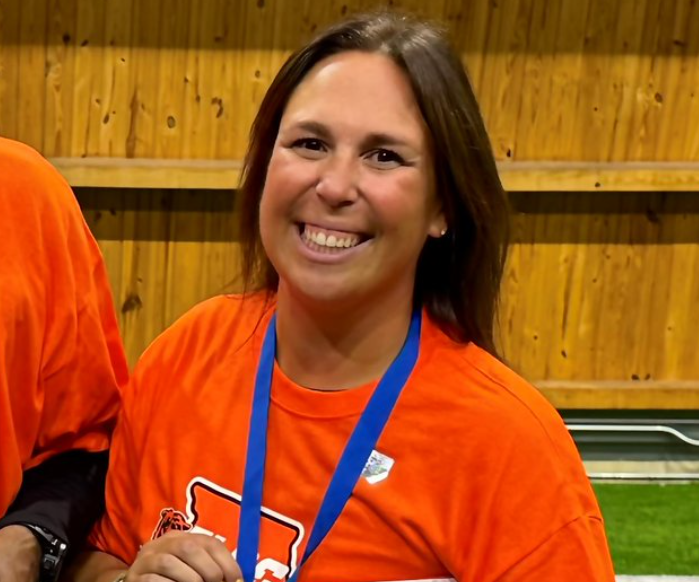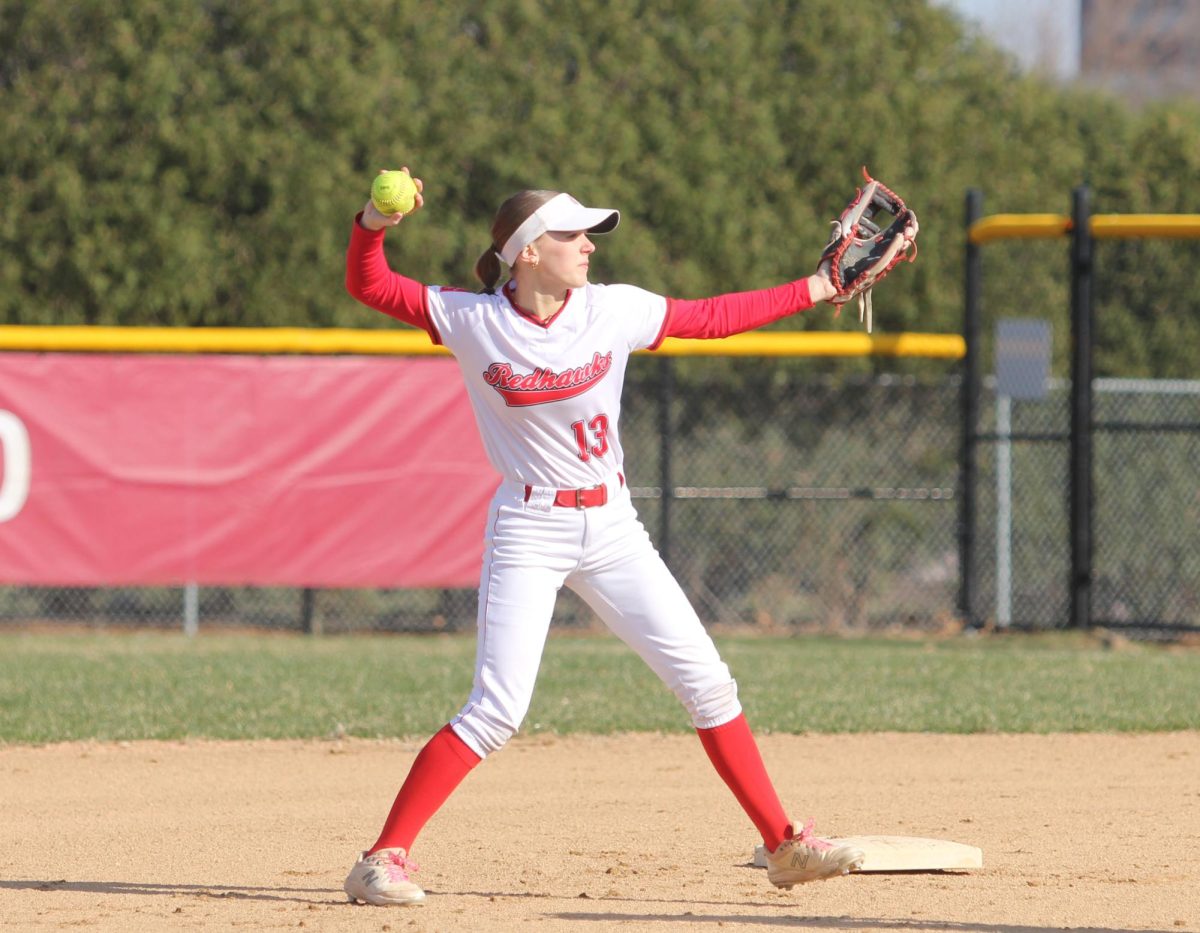Honor Society involvement encourages students to do community service
November 28, 2018
National Honor Society has functioned as a great organization for me. Not only has it served as recognition for my academic achievements but also as a forum for me to augment my love for community service.
I often hear people say “they are only in it for college apps,” and this applies to most members. Why else would we be in it? It’s not a club that students attend to hang out with people with similar interests. It’s an honors society where students can be recognized for their achievements.
The morning meetings are quick and to the point. Students attend because it is a requirement. By doing this we can apply for colleges and scholarships and put down National Honor Society as an achievement.
However, one of the main pillars associated with NHS is volunteering. Both first and second-year members must get 20 service hours to remain a NHS member.
Many students choose to volunteer to help those in need, while others only volunteer to remain a member of NHS. However, even if the motives for volunteering are unfavorable, the outcome is still rewarding.
Both the receivers of the service and the volunteers benefit. I have never volunteered to help someone in need and regretted it because it is a fulfilling experience.
I volunteer every winter with the Salvation Army by ringing a bell outside of grocery stores to raise money for those in need. I recently submitted the information about how to volunteer with the Salvation Army to the NHS Executive Board. This information was then put into the presentation that was shared with all NHS members at the November monthly morning meeting.
Since then I have received multiple emails from NHS members who are interested in the volunteer opportunity. One student said she thought it was a new and exciting way to help out the community. The awareness of the Salvation Army increased a substantial amount through a single forum.
This is why NHS is an effective way to get students involved with volunteer work.
However, at Naperville Central, NHS is only effective for the most part.The main problem with NHS is the organizational system. Keeping track of around 400 NHS members is a burden that should not be placed on only two sponsors.
Numerous members have told me stories of how they lied on their application or forged signatures on the service hour sheets. It’s nearly impossible to double check every student’s application and submissions.
Along with this are the mandatory monthly meetings. There doesn’t seem to be a successful method to take attendance for around 400 students in under 10 minutes.
I do believe that the sponsors are on top of solving this issue. The difficulty is the imbalance in number of students to number of sponsors.
However, without NHS a large amount of the members who volunteer wouldn’t volunteer. Despite their motives for volunteering, the requirement successfully drives many students out to help the community.







